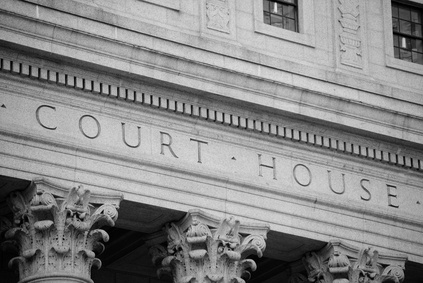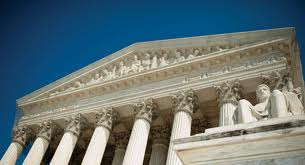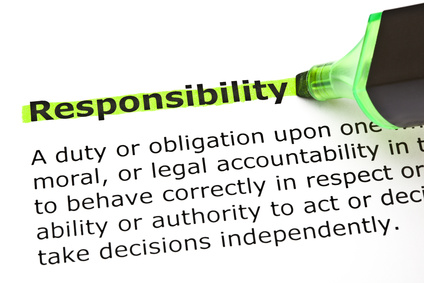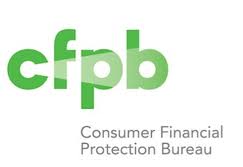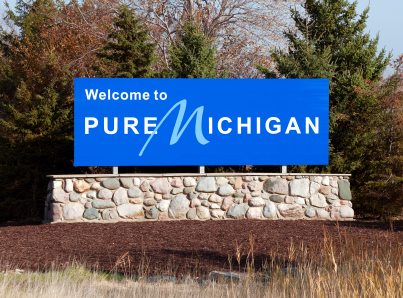A Texas legislator has introduced a bill proposing service of process through social media in certain instances.The Texas proposal makes very good sense because it provides more effective substituted service then courts regularly approve today.
In this March 6 decision from the U.S. District Court from the Northern District of Illinois, the court enters judgment dismissing a putative class action, holding that an assignment of only the rights to collect and sue on a debt is sufficient for purposes of §8(b) of the Illinois Collection Agency Act. Hat tip to Katrina Christakis of Pilgrim Christakis LLP in Chicago.
Those of us who engage in consumer financial services defense work are often not surprised to see some awfully strange situations on the plaintiff side of the aisle. But it recently got very strange in a case out of the United States District Court for the Northern District of Texas, as you can read below. Hat tip to Manny Newburger of Barron & Newburger, P.C. in Austin, Texas.
To suggest, as some mistakenly have, that an audio recording of the consumer’s verbal consent is arguably not a sufficient electronic signature, is simply contrary to the express definition of an an electronic signature under E-Sign and the Congressional Record made at its enactment.
In a seven to two opinion released this morning, the Supreme Court held that a plaintiff, who is unsuccessful in a claim under the Fair Debt Collection Practices Act (“FDCPA”) 15 U.S.C. 1692, et seq., can be liable for the defendant’s costs even if the lawsuit was not brought in bad faith. The opinion was delivered by Justice Thomas. Justices Sotomayor and Kagan dissented with Justice Sotomayor on the dissenting opinion. Marx concerned whether the FDCPA’s section 1692k(a)(3), which provides for an award of attorneys fees and costs if an FDCPA suit is brought in “bad faith and the the purpose of harassment,” prevents the awarding…
Here are the slides from my presentation The Consumer Financial Protection Bureau’s Impact on the Practice of Law made to the New Jersey Creditor’s Bar Association (NJCBA) on February 19, 2013. The NJCBA is a terrific organization supporting attorneys engaged in the practice of collection and credit law in New Jersey. Anyone interested in membership should drop me a line at dsm@mnlawpc.com.
What would it be like to undergo a CFPB examination? What will be the CFPB’s focus in examining debt purchasers and what methods will the CFPB use to gather information about their operations? Find out at the DBA International Conference next week where I’ll be presenting Ready or Not, Here Comes the CFPB with some of the best and brightest on this topic — my colleagues Alan Kaplinsky and Chris Willis from Ballard Sphar, who bring you CFPBMonitor.com, and Tomio Narita from Simmonds & Narita LLP, author of the FDCPA Defense Blog. More information about DBA International and its Annual Conference in…
The Fourth Circuit Court of Appeals held that a debt collector did not violate the federal Fair Debt Collection Practices Act (“FDCPA”) when it made multiple calls to a third party in an effort to locate a debtor. In Worsham v. Accounts Receivable Management, filed yesterday, a debt collector, who was unable to locate a debtor, instead placed 10 telephone calls to the debtor’s brother-in-law, Worsham, in May 2010. Worsham answered two of the calls and heard an automated message prompting him to press “1” if he was the debtor or “2” if he was not. On one occasion Worsham pressed “2” and then hung…
Thanks to all who attended my November 9 presentation in New York on Ethics and Consumer Financial Services Law. You can obtain a copy of the powerpoint here: Ethics6. The handout can be accessed here: Avoiding ethical pitfalls 20121105.
I have today’s transcript from oral argument before the Supreme Court in Marx v. General Revenue. Ms. Marx lost her Fair Debt Collection Practices Act (“FDCPA”) case against General Revenue. Under Federal Rule of Civil Procedure 54(d), which permits the court’s clerk to tax costs to a prevailing party, the trial court taxed her with General Revenue’s defense costs — not attorneys fees, just costs, and limited ones at that. Marx appealed to the Tenth Circuit Court of Appeals and argued she should not have to pay these costs because the FDCPA, at section 1692k(a)(3), only exposes her to costs if she brought the…
I ran across this post at the State Bar of Michigan Blog (http://sbmblog.typepad.com). It is the first state bar organization to mention the regulation of attorneys by CFPB fiat. There you have it — go Michigan, you’re #1! You can read it for yourself here. Let me know if your State or local bar has weighed in. wellesenterprises

